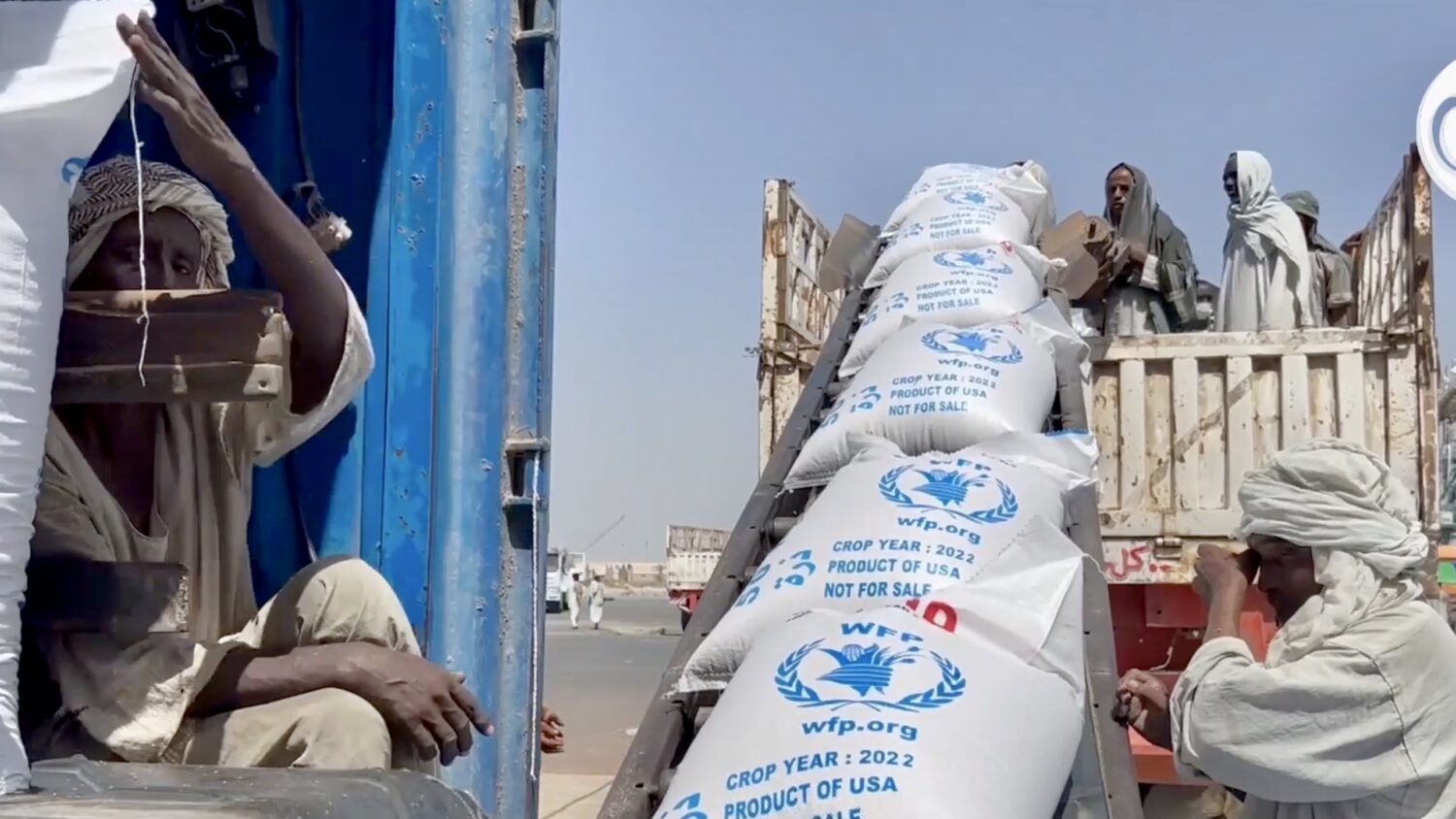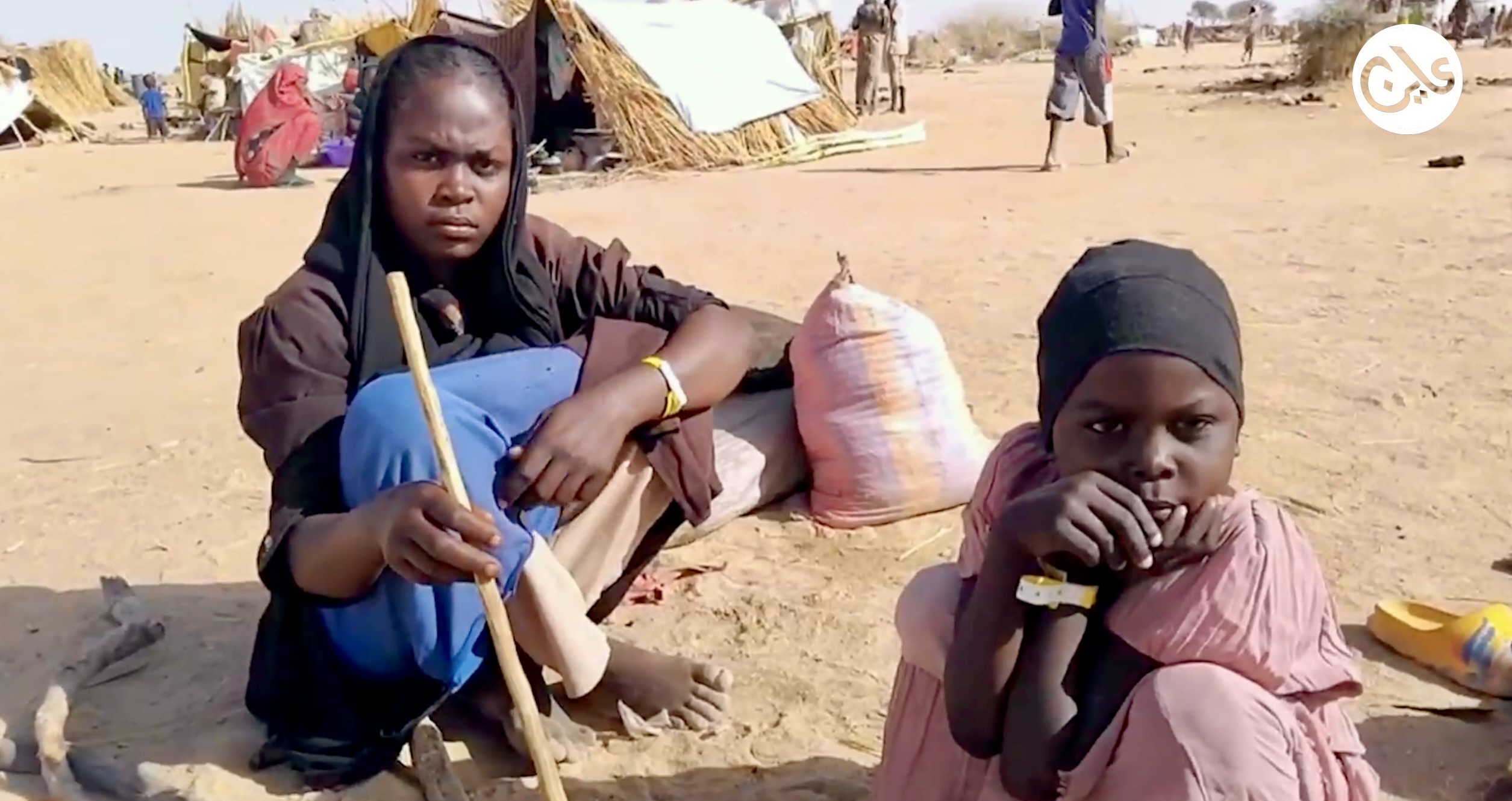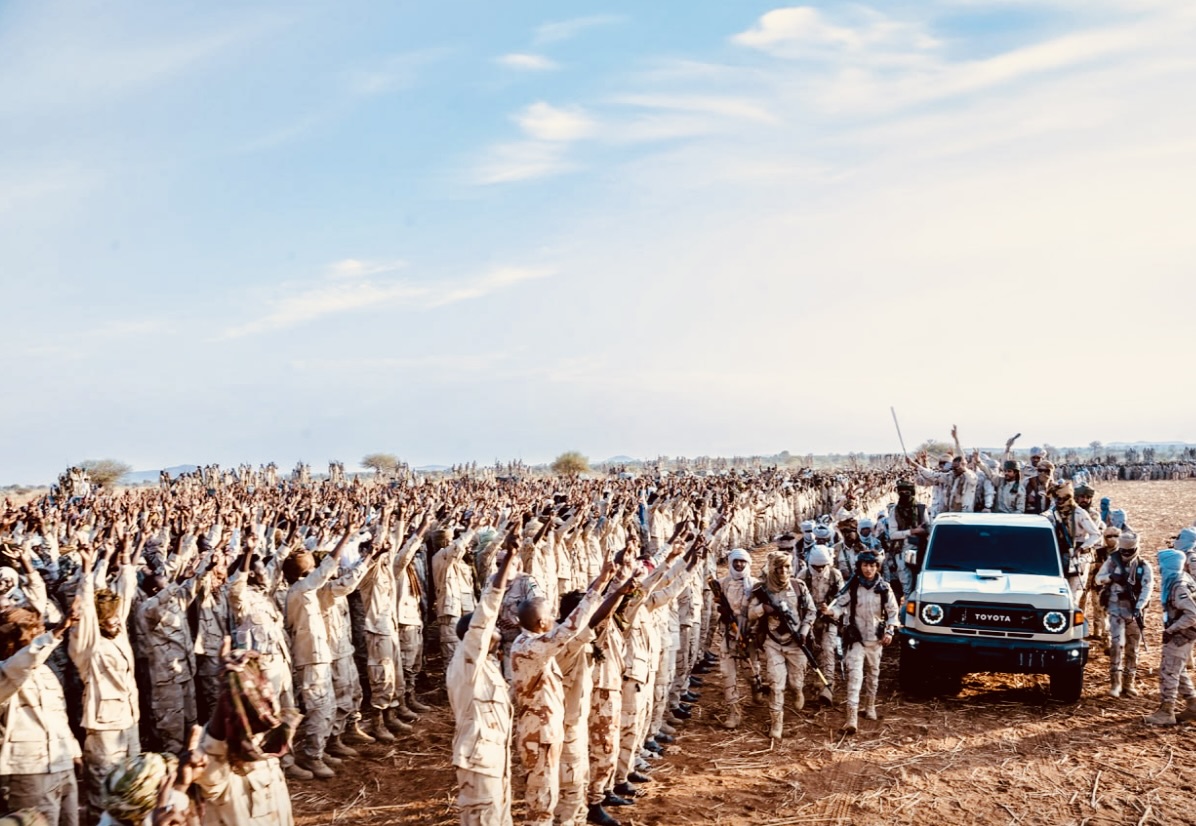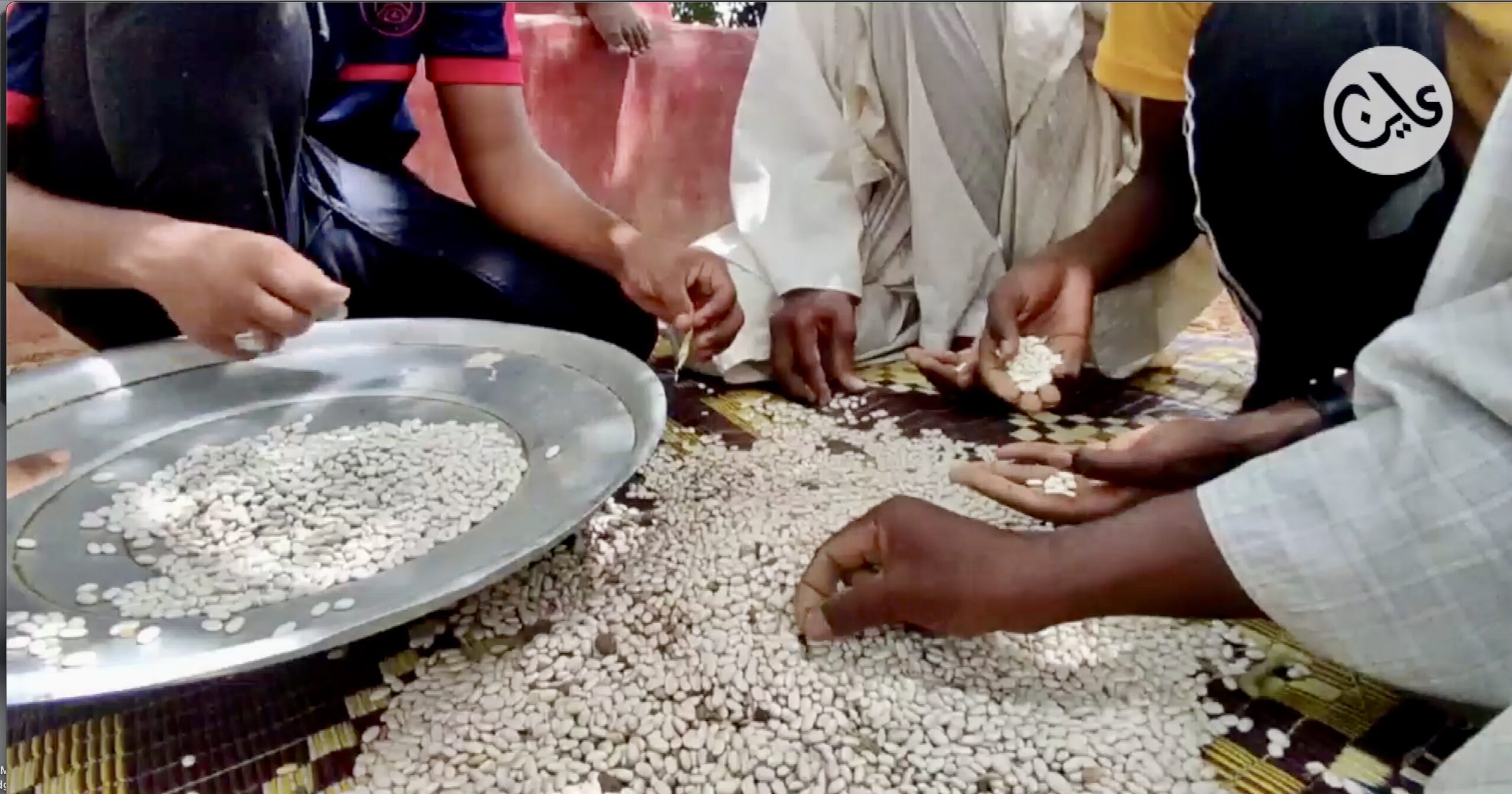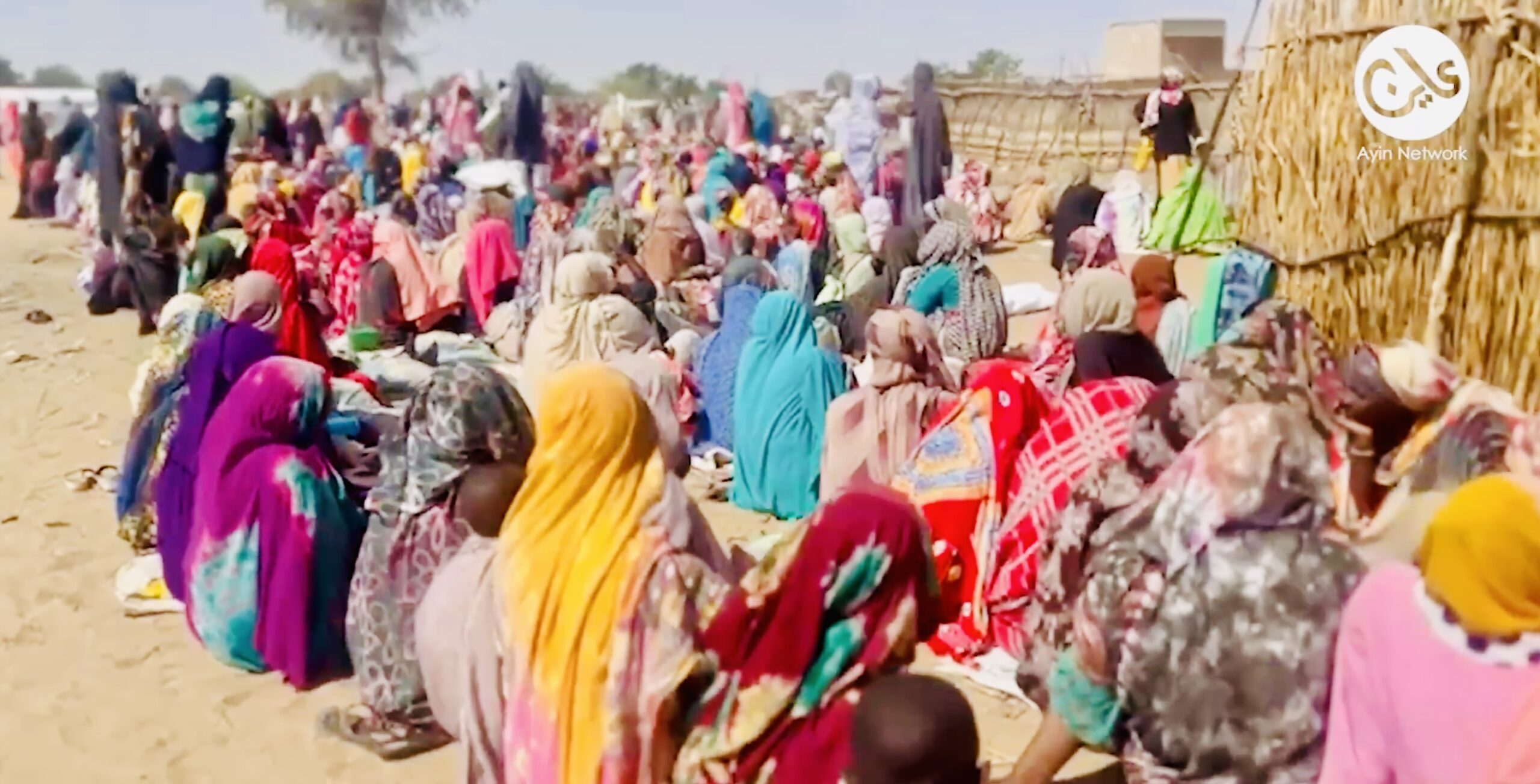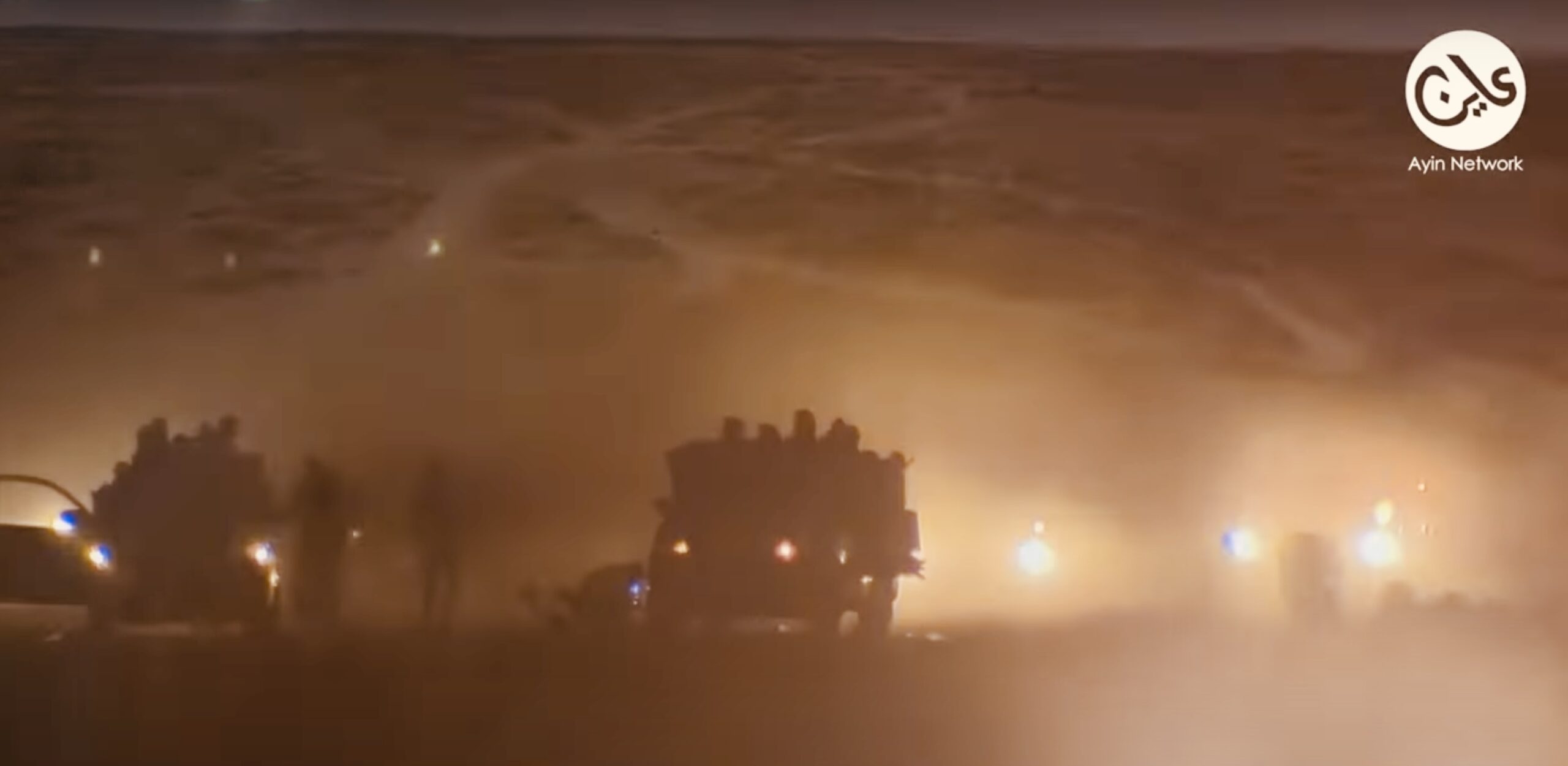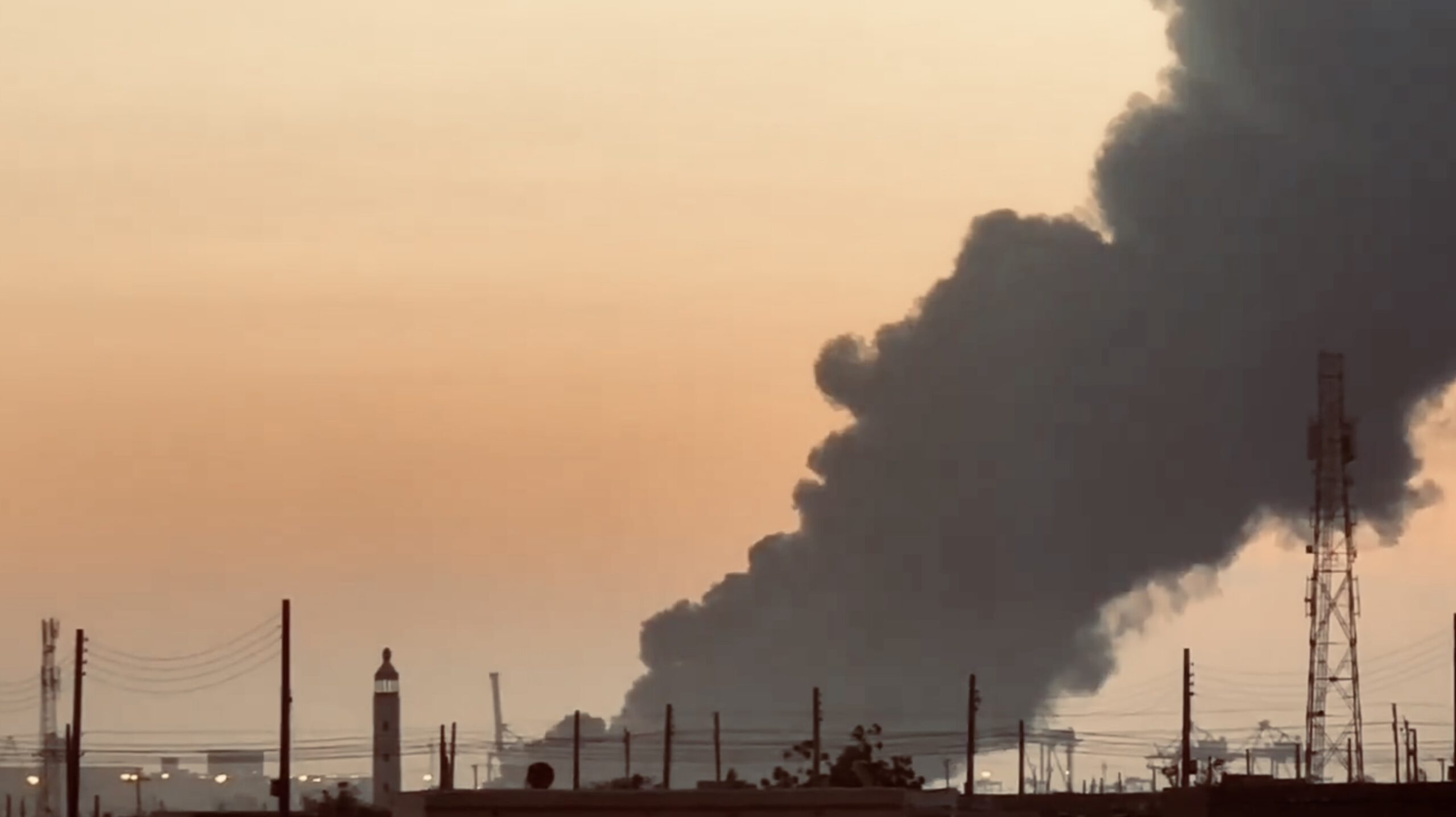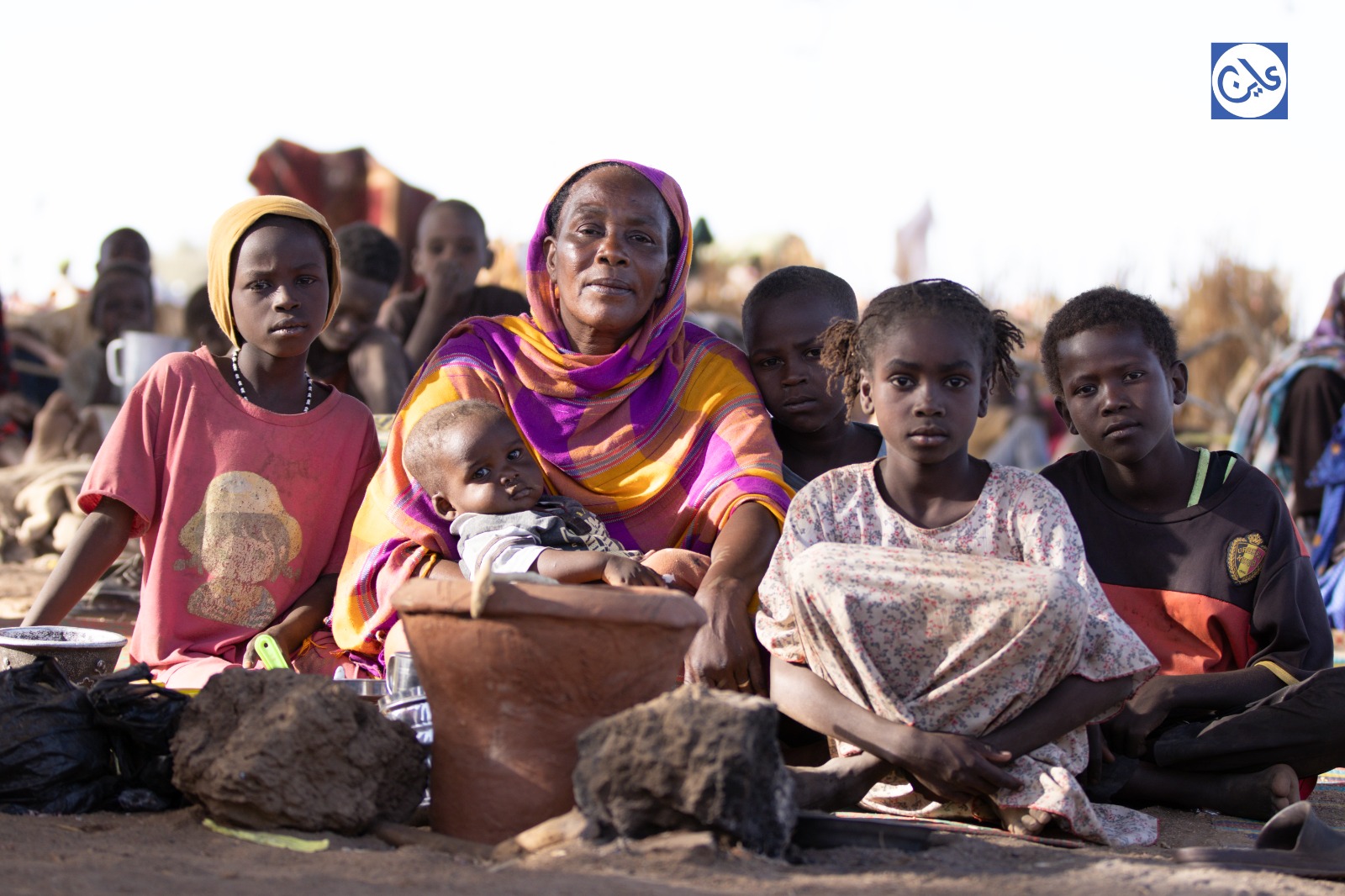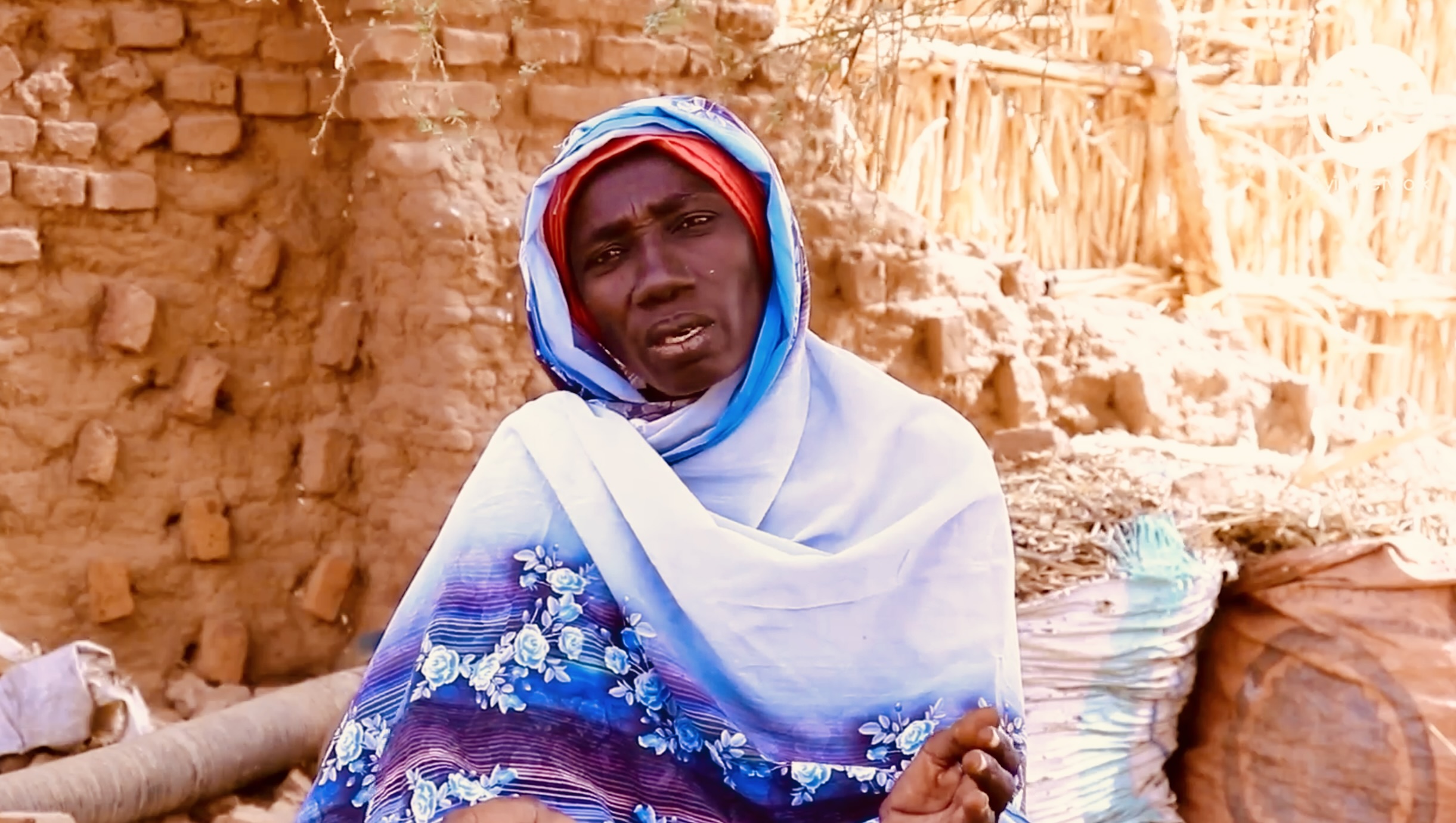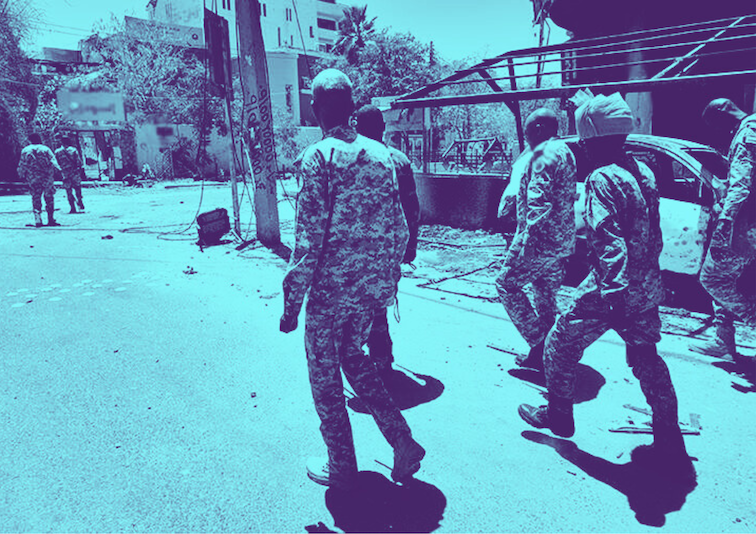Sudan’s food war and impending famine in Darfur
12 April 2024
As the first anniversary of the conflict in Sudan approaches, the warring parties and other armed actors have staged another battle—this time over humanitarian aid. The weapon of hunger has become an important element in the war as each party seeks to cut off the food supply to their adversaries’ areas of control, local humanitarian actors in Sudan’s Darfur region told Ayin. As ever, these sources said, civilians are the main victims to this new conflict, especially in the internal displacement camps where civilians struggle to find a single daily meal amidst repeated displacement.
The Sudanese army and paramilitary Rapid Support Forces have fought a political and economic battle of dominance since mid-April last year. Sudan’s war has caused record hunger, with 18 million people, including 1.7 million in western Darfur, nearing starvation.
The UN says it has been able to reach only 10 percent of Sudan’s 48 million people, with the country on the brink of famine.
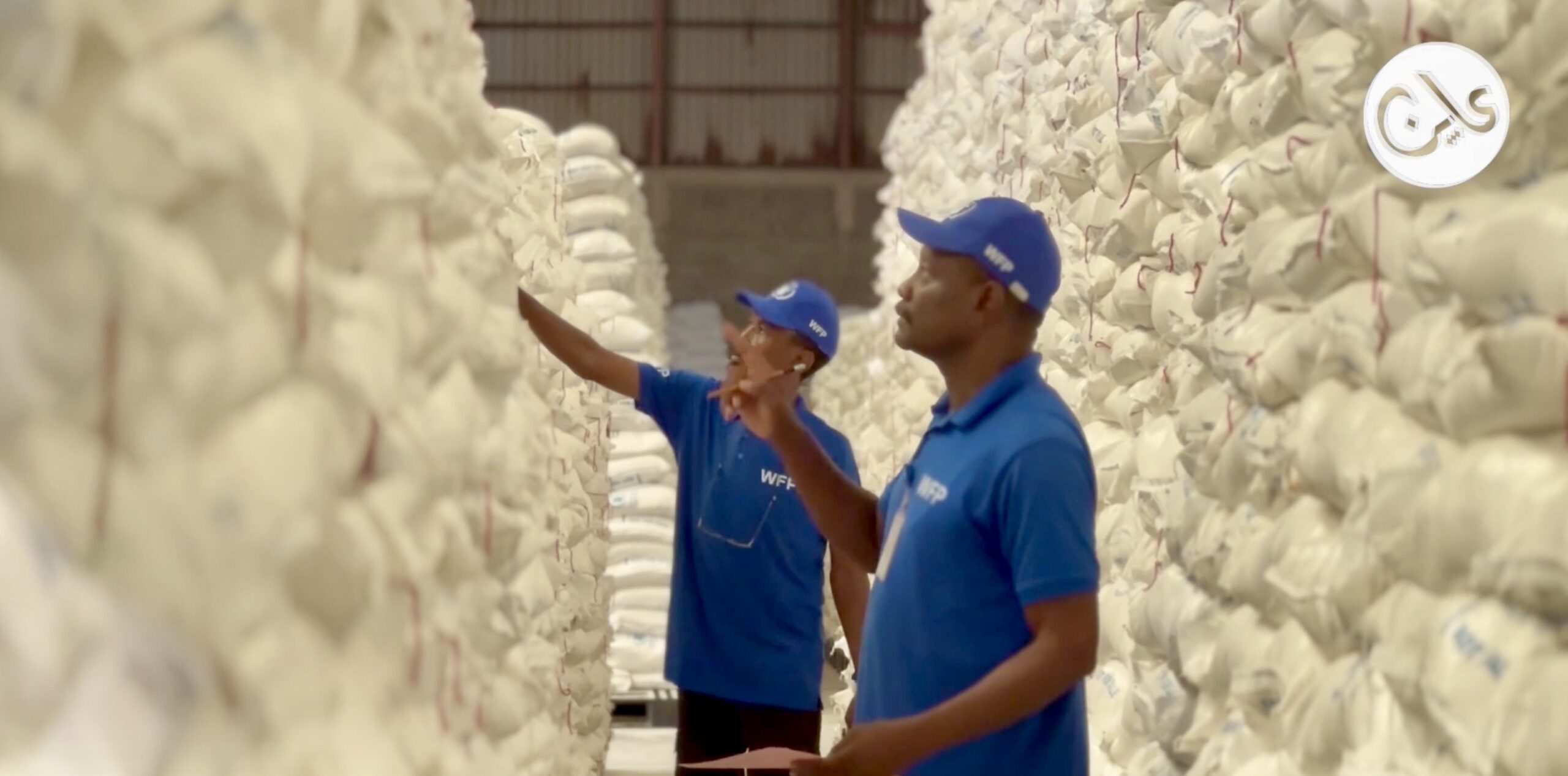
In late March, the World Food Programme (WFP) launched its first cross-border assistance convoys in six months from Adré and Tina in Chad to feed North, West, and Central Darfur residents. The WFP said that these are some of the first cross-border convoys of WFP aid to reach Darfur after lengthy discussions to reinstate these channels after Port Sudan cancelled humanitarian corridors from Chad in February.
But this success story was short-lived.
On 27 March, the RSF confiscated WFP aid delivered to the Ronga Tas Internally Displaced Camp (IDP) in Central Darfur, the Darfur Network for Human Rights reported. Eyewitnesses told the network that the militia took the lionshare of aid for themselves and distributed the rest to its affiliates in the neighbouring Sharq Alneel IDP camp controlled by the RSF Brigadier General Omda Osman.
The warring parties are both confiscating aid in areas they control and blocking any support intended for areas they do not, says former advisor to the prime minister, Amjad farid. “The two warring parties are trying to take humanitarian assistance hostage to their political and military calculations,” he added.
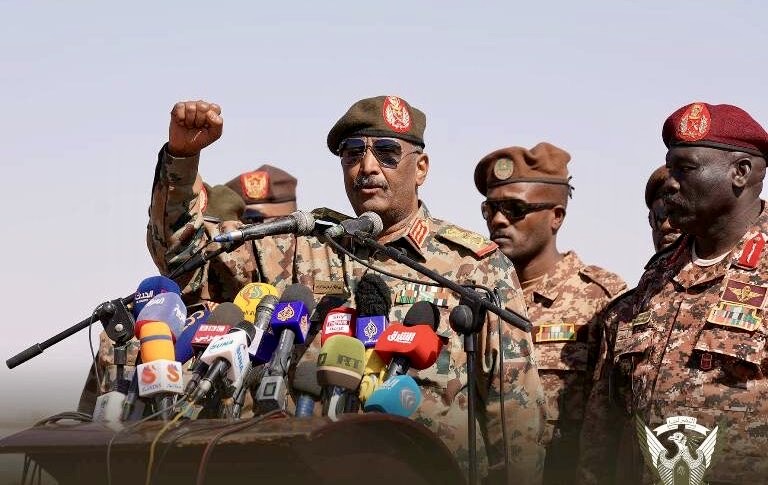
A war of words
The two main warring parties deny these claims and have instigated a war of words, trading accusations over blocked and confiscated aid shipments.
An army commander, who requested anonymity, told Ayin that the RSF were starving civilians in safe states, where conflict is not taking place, by shutting roads and robbing aid convoys and trucks, halting trade and food supplies. While Mustafa Mohamed Ibrahim, Advisor to the Commander of the Rapid Support Forces, says the army has routinely blocked aid coming into Port Sudan from reaching the Darfur region since most states in Darfur are under RSF control.
A government official in the RSF-controlled South Darfur State recently accused the army of obstructing the delivery of over 35,000 bags of grain from an Arab nation to a displacement camp in South Darfur State. “After the Rapid Support Forces occupied Nyala late last October, the security services (in the army) have refused to send aid to South Darfur,” he said. “We tried to confer with Port Sudan authorities without success.”
The denial of humanitarian assistance to civilians trapped or displaced by conflict has always been a reality, but it is increasingly being used as a tactic of war. Denial of humanitarian access to civilians, and attacks against humanitarian workers are prohibited under the 4th Geneva Convention and its Additional Protocols and may amount to a crime against humanity and a war crime.
Addressing the U.N. Human Rights Council in Geneva in March, Volker Turk, the U.N. High Commissioner for Human Rights pointed to the situation in Sudan.
“The apparently deliberate denial of safe and unimpeded access for humanitarian agencies within Sudan itself constitutes a serious violation of international law, and may amount to a war crime,” he said. “I call – again – on the warring parties to meet their legal obligations by opening humanitarian corridors without delay before more lives are lost.”

North Darfur State: blocked on three fronts
While the warring parties trade accusations, civilians are struggling with severe hunger in areas where humanitarian aid could help mitigate food insecurity if access was available, local aid actors told Ayin.
Distribution and control of humanitarian aid is particularly complex in North Darfur State where the army, the RSF, and armed groups aligned with both warring parties all compete to hold sway over the much-needed aid.
According to a former advisor to UN agencies in Darfur, Saleh Muhammadin, all armed groups are struggling with food shortages, reducing any guarantee any warring party will allow aid—or even food meant for markets—to be freely sold or distributed. “If the situation continues in this way, it will create a new reality that may be worse than the reality of war,” Muhammadin told Ayin. “The Sudanese will die of famine instead of bullets, and indicators of death from hunger are beginning to appear in a frightening way in the camps and besieged cities, according to the results of the humanitarian survey in the camps of North and South Darfur.”
Emergency Response Room members, voluntary civilian groups that help war victims nationwide, have firsthand accounts of the warring parties and former rebel groups looting and blocking food in North Darfur State. Muhammad Abkar, an Emergency Committee member in North Darfur’s capital, El Fasher, says the RSF have routinely prevented the entry of maize and millet into the city, given the army’s presence. In mid-February, the RSF prevented the transfer of maize and millet from production areas in South, Central and West Darfur to El Fasher, sources from the Emergency Committee told Ayin.
“At the same time, the armed movements inside the state are taking bureaucratic measures to restrict the transport of corn and millet outside the city of El Fasher, the place of their control, and prevent it from reaching other cities such as Nyala, Al Daein, Zalingei and El Geneina which are under the control of the Rapid Support Forces,” Abkar said. “This has caused a significant rise in the prices of corn and millet in several regions recently.” Local merchants in Nyala, the capital of South Darfur State, can corroborate these claims. According to the traders, last month, armed groups that signed the 2020 Juba Peace Agreement seized four trucks loaded with maize from Gedaref at a military outpost.
The ongoing process of looting and blocking food supplies in North Darfur State has led to an unprecedented rise in the prices of items, especially maize and millet, El-Fasher residents told Ayin. Millet, a staple in Darfur, jumped from 70,000 Sudanese Pounds per sack in December to 120,000 Sudanese Pounds today. With the warring parties blocking aid and ongoing insecurity preventing civilians from farming or working freely in North Darfur State, emergency levels of hunger persist, especially for those in the displacement camps.
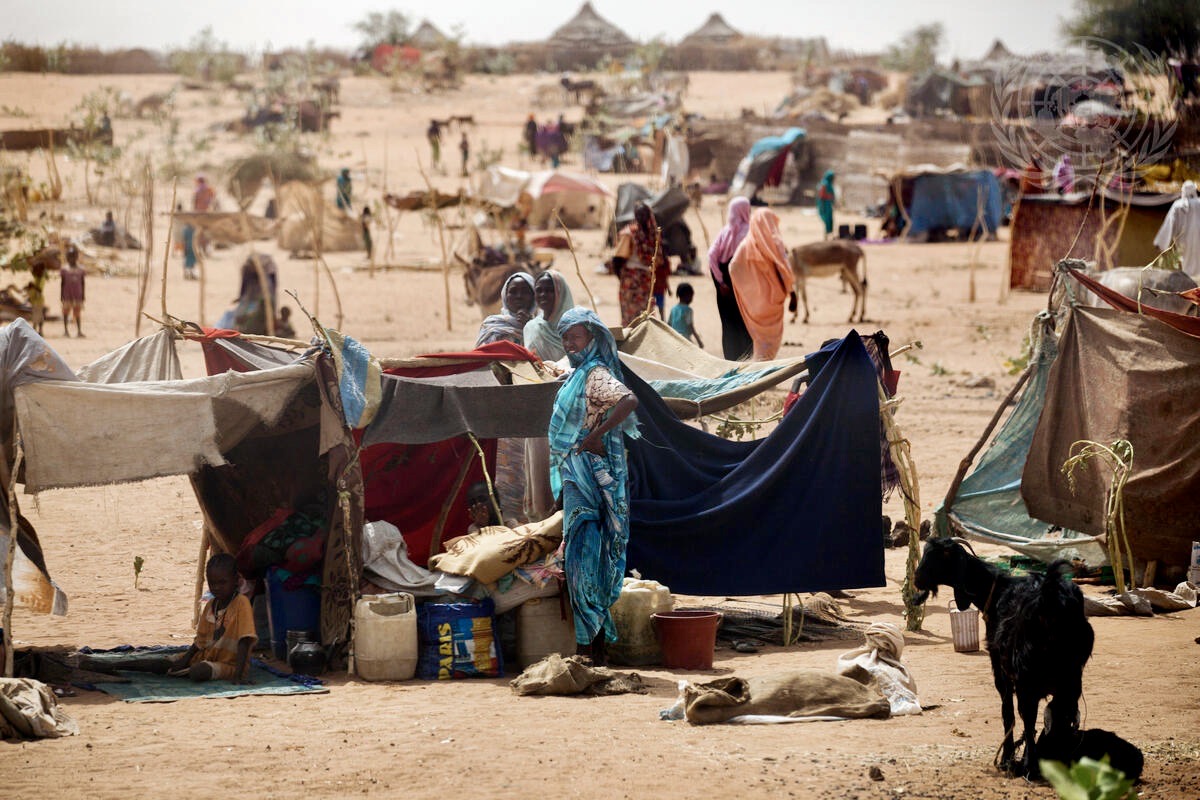
Zam-Zam Camp
The sprawling ZamZam Camp, outside of El Fasher, hosts over half a million displaced people, most of whom fled their homes after the outbreak of armed conflict in Darfur back in 2003, along with recent arrivals from war-affected neighbourhoods in El-Fasher. The medical charity Doctors Without Borders said in February that a child dies in the camp every two hours due to malnutrition. Without immediate intervention, experts warn that an additional 200,000 children could starve to death in the coming weeks.
According to Doctors Without Borders’ Operations Manager for Sudan, Abdalla Hussein, roughly 25% of the population in ZamZam Camp is malnourished, including 40% of pregnant women within the camp. These conditions, Hussein told Ayin, are likely the experience of camps across Darfur.
For over four months, residents in the ever-growing ZamZam IDP camp have not received any food relief, says Adam Jumaa, a resident of the camp, while more displaced people from El Fasher have entered the camp, doubling the camp’s population. “The warring parties used crops such as corn and millet as weapons in the war and restricted their entry and exit to and from the cities of Darfur under the pretext of smuggling food outside the states or transporting food to the locations of the army forces,” Jumaa said. “This caused a dangerous price hike.”
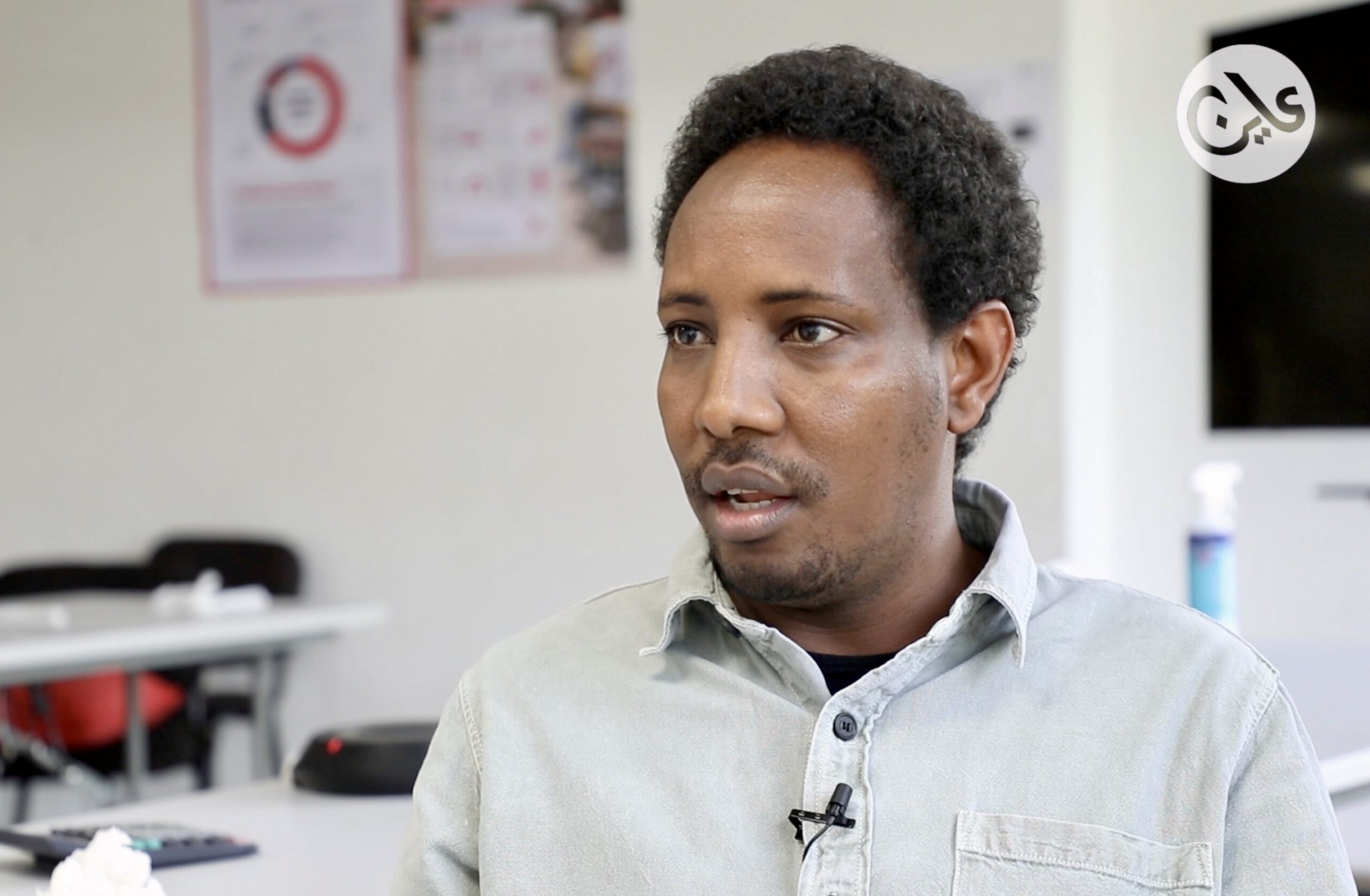
Kalma Camp
Another massive IDP camp in Dafur, Kalma Camp in South Darfur State, is facing similarly high child mortality rates linked to malnutrition as those found in ZamZam Camp. “Most deaths among children and pregnant women are the result of malnutrition and diseases related to food shortages,” the Humanitarian Aid Commissioner in South Darfur, Saleh Abdel Rahman, told Ayin. “The dire need for emergency food for children under the age of five is greater than ever before.” The government official says that death rates linked to malnutrition in Kalma Camp are likely to double in the months ahead, especially since Kalma and other camps in South Darfur State are constantly receiving newly displaced people from the cities. According to the aid group Alight, at least two children are dying in Kalma Camp every 12 hours.
Adam Rijal, the official spokesperson for the IDP camps in Darfur, describes the Kalma IDP Camp as “more than a disaster” due to the extreme levels of hunger and malnutrition. This is attributed not only to the lack of humanitarian aid but also to the destruction of markets and the inability of farmers to cultivate lands, he told Ayin.
Fanya Abkar*, an elderly mother, must find food to feed her dependent children despite her own deteriorating health. Fanya used to work making bricks and charcoal to help generate income, but this stopped due to the war and aid brought by humanitarian organisations. “Now we struggle to make one meal per day consisting of corn meal, water, and salt,” she said. Fanya has already lost one child to hunger, while two others remain severely malnourished.
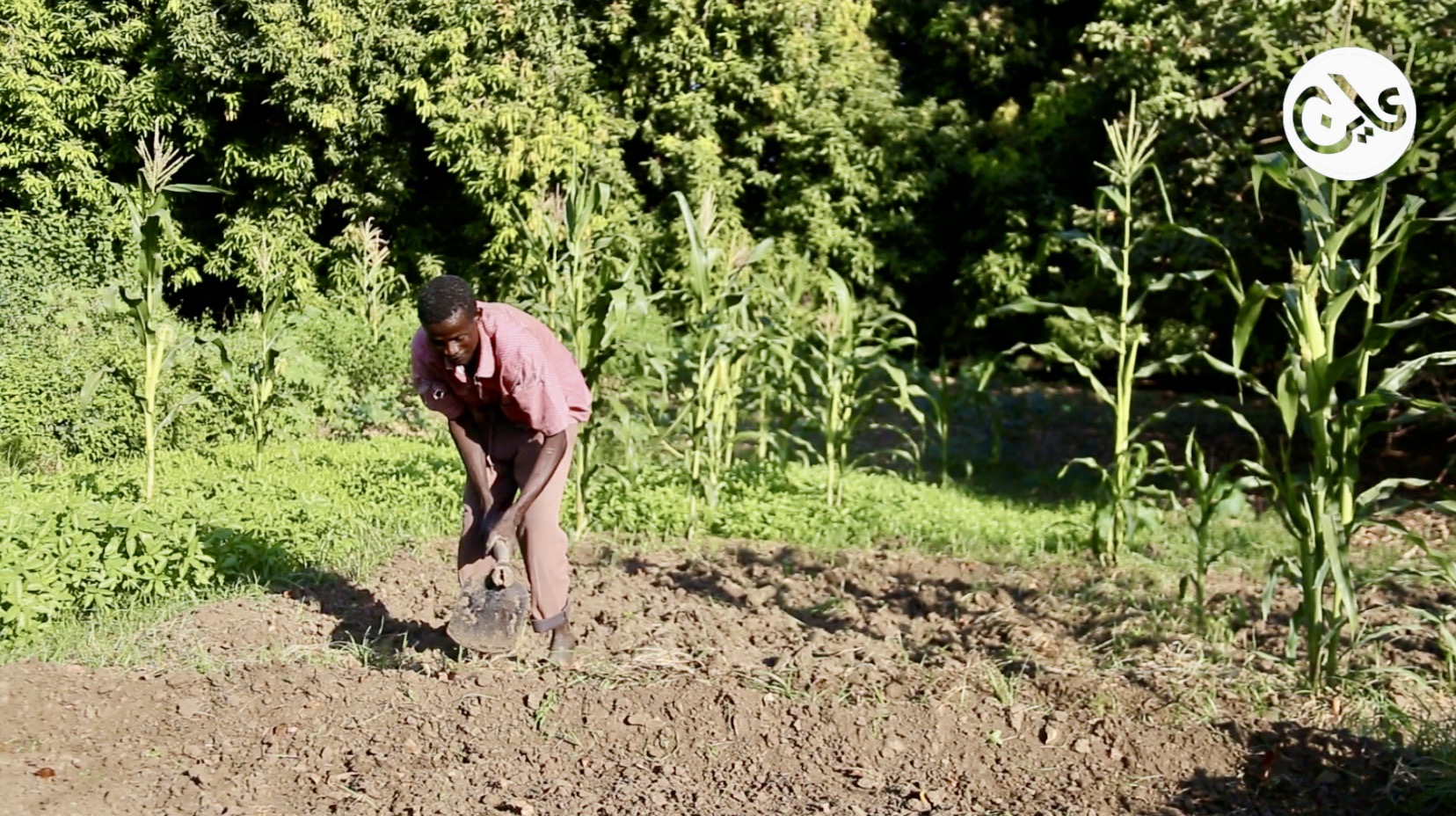
Critical aid, critical farming
While help is necessary, it is not the only solution to acute food shortages, according to Eero Wahlstedt, Managing Director of SoilWatch, a research organisation dedicated to sustainable food production. “Aid can have a huge local impact and every tonne is worth bringing in,” Wahlstedt explained to Ayin. “But it’s always a drop in the ocean.” Lack of cultivation is a major contributor to Darfur’s current food shortages. Insecurity, market access, and rising production costs, among other factors, have drastically reduced farming in the region, he said. With the rainy season approaching, farming must begin soon to avoid worsening the hunger gap, according to SoilWatch, which is now conducting a food security analysis for Sudan. “This means there needs to be more political weight to push for improved security, access to farmland, and funding for agricultural production,” he went on to say.
While humanitarian aid may not pose a complete solution to Darfur’s severe food insecurity, it is needed more than ever. With a continued unstable security situation that significantly curbs farming, large grain deficits, soaring prices and limited purchasing power, humanitarian aid may be the only immediate lifeline for those displaced in the camps. “If we do not receive relief during this month, there will be a famine and it will be a global scandal,” says the Head of the General Coordination for Displaced Persons and Refugees in Darfur, Yacoub Muhammad. “Humanitarian aid should not be mixed up with politics.”
* Name changed for security concerns




